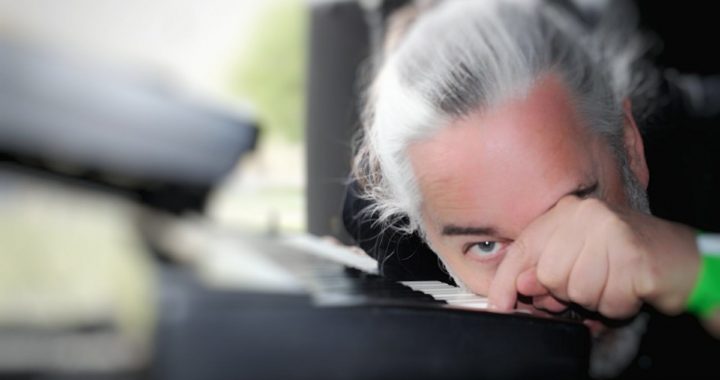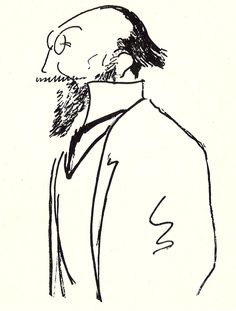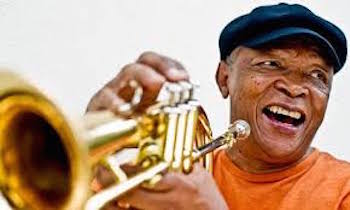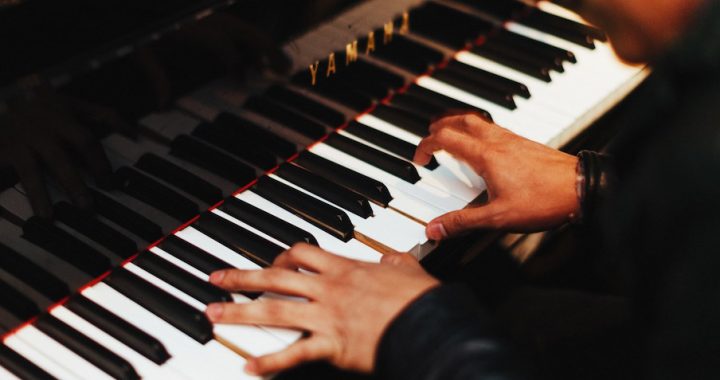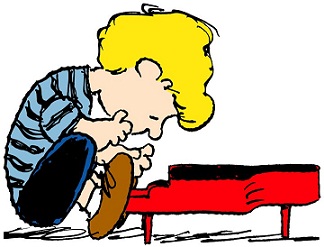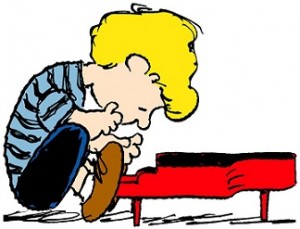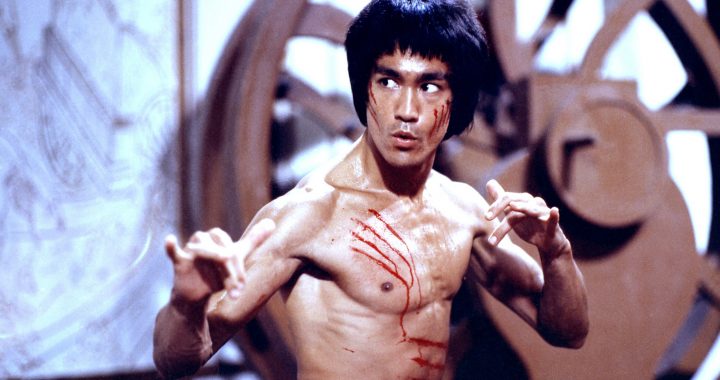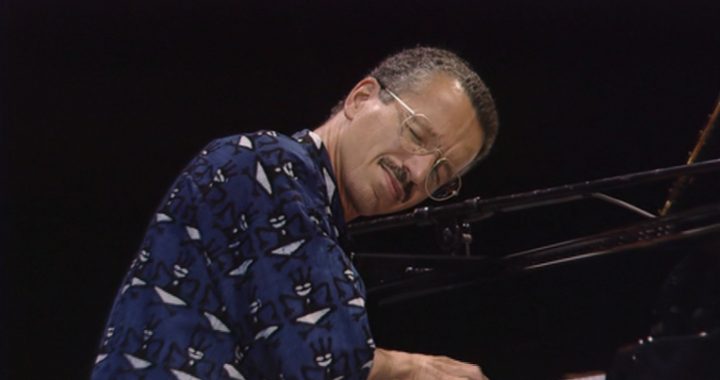As a piano teacher in Notting Hill, West London, I’ve seen performance anxiety affect students of all ages. From young beginners to seasoned adults, many students experience anxiety when preparing for recitals, exams, or even informal gatherings. While it can be frustrating, performance anxiety is entirely manageable with the right guidance and strategies.
What is Performance Anxiety?
Performance anxiety, commonly known as stage fright, is the fear of performing in front of an audience. For piano students, this fear often emerges when playing for others, whether in a formal recital or for family and friends. While lessons may feel comfortable, the idea of being evaluated creates pressure, causing tension and self-doubt. In a place like Notting Hill, where many students face high expectations from schools, parents, or their own ambitions, this anxiety can be heightened.
How It Affects Piano Students
Anxiety manifests in various ways. Physically, students may experience trembling hands or rapid breathing, making it difficult to play smoothly. Mentally, they might lose focus, forget sections of music, or become overly self-critical. The intricate coordination needed to play piano can break down when nerves take over.
Causes of Performance Anxiety
In Notting Hill, performance anxiety is often linked to perfectionism and fear of judgment. Many students feel the pressure to excel in a competitive environment. Others are simply inexperienced in performing in front of an audience, which can amplify their anxiety.
Addressing Performance Anxiety: My Approach
Over the years, I’ve developed several strategies to help students manage their performance anxiety:
- Building Confidence Through Preparation Thorough preparation is key. I break music down into manageable sections and emphasize that mistakes are part of learning. Confidence comes from knowing the piece inside out.
- Simulated Performances I create mock performance settings in my studio to help students become comfortable playing under pressure. Inviting family or friends to watch practice performances helps de-sensitise students to the stress of performing.
- Mindfulness and Breathing Techniques Simple breathing exercises can help students stay calm before they perform. Techniques from the Alexander Technique also help reduce tension and improve posture.
- Positive Visualization I encourage students to imagine successful performances before they play. This helps them shift from expecting failure to visualizing success.
- Gradual Exposure For students with severe anxiety, we start with low-pressure performances for just one or two people and gradually build to larger audiences.
Reframing Mistakes Mistakes are learning opportunities, not failures. I emphasize that no performance is perfect, and encourage students to focus on the joy of playing rather than technical perfection.
Conclusion
In Notting Hill, where culture and creativity thrive, overcoming performance anxiety not only improves musicianship but also builds resilience and confidence. By taking small steps, practicing self-compassion, and focusing on the love of music, students can overcome anxiety and unlock their full potential as pianists and performers.
